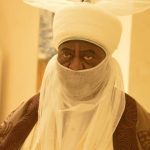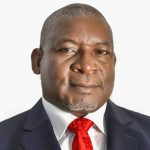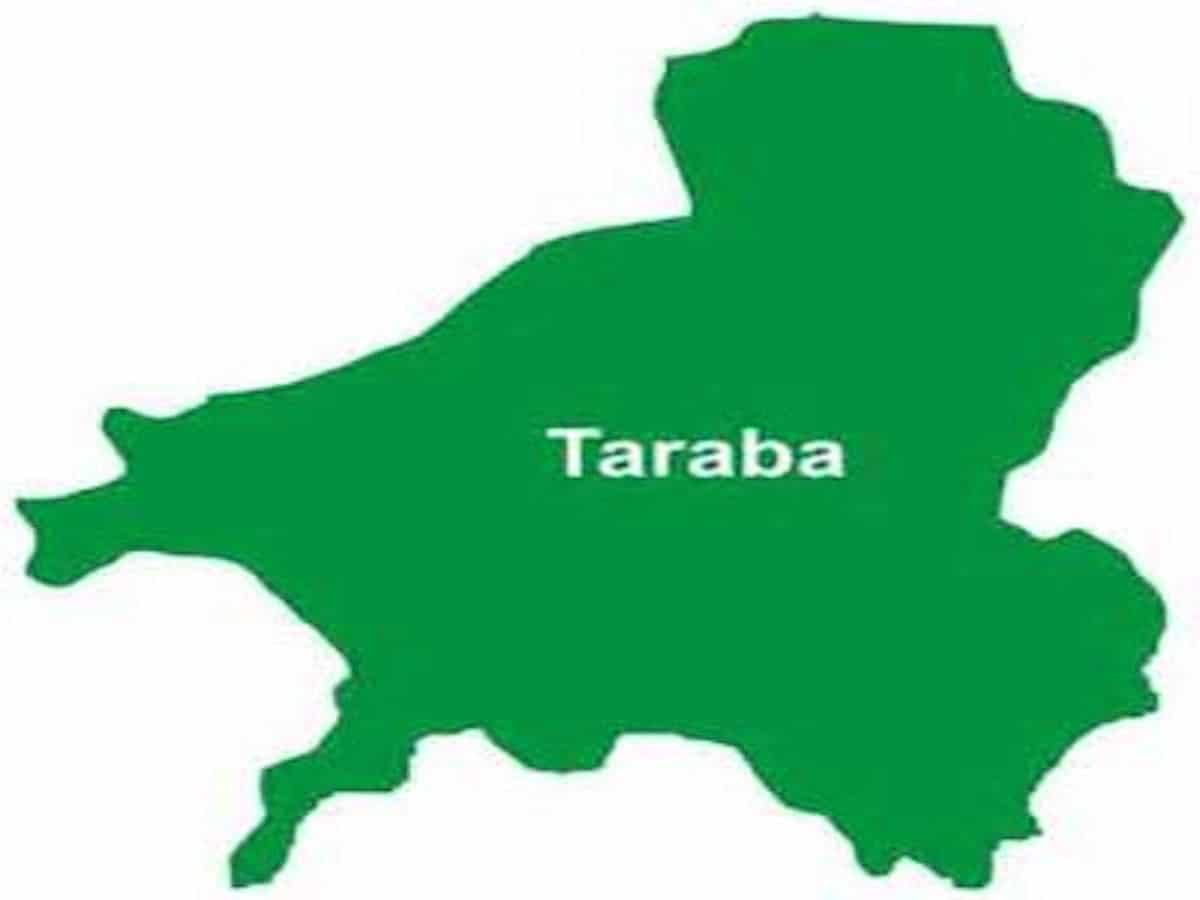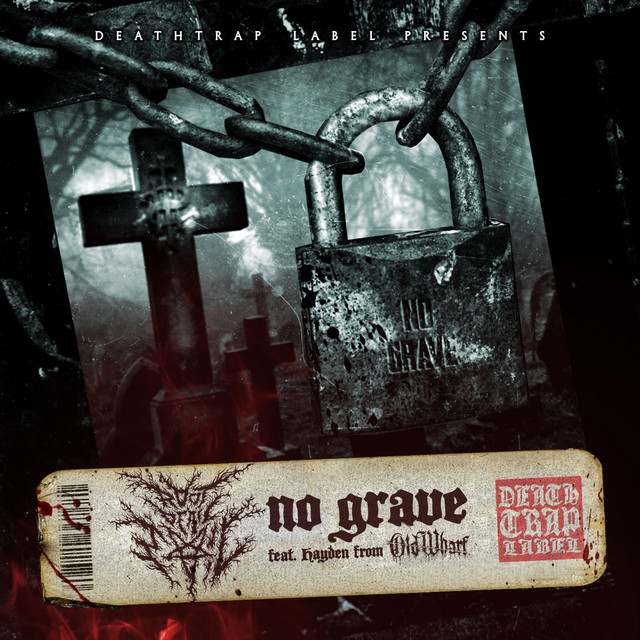National Organising Secretary of the pan-Yoruba socio-political organisation, Afenifere, Chief Kole Omololu, shares his thoughts with PETER DADA on the current crisis bedevilling the group, among other issues
When did you become a chieftain of Afenifere?
I was involved in the NADECO (the defunct National Democratic Coalition) movement in the United Kingdom; I was among Nigerian citizens demonstrating against the military junta headed by Sani Abacha. We covered very important areas of the capital of the United Kingdom, the Westminster Parliament, White Hall, Downing Street, Trafalgar Square, and the Commonwealth Secretariat. We would now settle at the Nigeria High Commission. At that moment, none of us knew that our photos had been taken and forwarded to Nigeria. I even took the risk of carrying my last baby by then on my neck to demonstrate at the High Commission. She is 34 years old now. No wonder she is a very strong manager at work now. I was arrested at the airport on my visit home and labelled an unpatriotic citizen.
So, how did you escape from military captivity?
How I escaped is a story in my forthcoming memoir. Before this, I was a follower of now Oba Olu Falae, who introduced me to Afenifere. I became the chairman of Afenifere UK, which enabled me to attend the caucus meeting in Nigeria. Pa Abraham Adesanya affirmed my chairmanship, which was recommended to him by my Afenifere colleagues. We hosted Pa Adesanya at a Nigerian restaurant called Labalaba in Brixton SW London. We further hosted the late Uncle Bola Ige and Pa Solanke Onasanya at the same venue. Later on, we now launched Afenifere with the attendance of Pa Olanihun Ajayi, Pa Ayo Adebanjo, Alhaji Ganiyu Olawale Dawodu, and Oba Olu Falae on Woolworth Road, London SE17. I was appointed the national organising secretary by the leader, Pa Fasoranti (OFR), about 10 years ago or so.
How is Afenifere faring now under the leadership of Chief Reuben Fasoranti?
I have never come across a leader like Pa Fasoranti. He is exceptionally accommodating and deep with few words. Papa is a 1951 graduate of the University of Ibadan. He was one of the young intellectuals sitting around the table with the late sage, Chief Obafemi Awolowo. When the likes of Prof (Sam) Aluko, and Prof Aboyade Cole dined with the leader (Awolowo), young Fasoranti would be there. Most of his contemporaries in the party were just running errands for the leader. Discussing issues with serious mental magnitude with the leader, you would find the young Rueben there.
As soon as he became the acting leader during the illness of our highly cherished and beloved leader, the Apamaku of Nigeria, Chief Abraham Aderigbe Adesanya, Pa Fasoranti started picking up the fragments of what remained of Afenifere after the 2003 general elections. Not a single public statement was made without clearance from Pa Adesanya. The meetings moved to his Akure home after the death of Pa Adesanya. He would allow every shade of opinion before he passed his comment. Because of his welcoming nature, members strive to go to Akure for meetings despite the challenges of finance and security in the land. He has the ears of the President and governors. Under Pa Fasoranti, Afenifere is doing very well.
It appears that the succession plan of the group is shaky. What are the laid down succession plan of Afenifere from the inception?
The founder of the group was Chief Obafemi Awolowo. He died in 1987; our leaders met at Ikenne (Ogun State). Chief Bisi Onabanjo nominated Pa Michael Adekunle Ajasin. There was a secondment and the house unanimously voted Pa Ajasin. The meeting moved from Ikenne to Owo, the hometown of Pa Ajasin. Pa Ajasin fell sick as a result of old age, he graciously appointed Senator Abraham Adesanya to act on his behalf. After the appointment, the meeting continued in Owo. Why? It was because Pa Adesanya was acting on behalf of Pa Ajasin. He briefed the leader on the outcome of all meetings.
Chief Ajasin died later; the meeting moved to Ijebu Igbo where Senator Abraham Adesanya was unanimously elected as the leader. When Senator Abraham Adesanya fell sick, he appointed Fasoranti to act on his behalf. During this period, the convention of Afenifere remained intact. All meetings were held at the leader’s place. Why was this so? It was because the role of an acting leader was meant to be a buffer and support system to the leader. The position is held in trust for the leader. Afenifere never had a retired leader, it is a life position.
As a result of fatigue of calamities that befell the leader, he decided to step aside and appoint an acting leader in the person of Pa Ayo Adebanjo, and a deputy, HRH Dipo Olaitan, until the positions were scraped on January 24, 2024, to pave the way for Afenifere National Elders’ Caucus. Their decision will still be subject to the general assembly.
At the recent meeting in Akure, the position of acting leader was scrapped but Pa Adebanjo’s group disagreed with the decision. What is going to happen now?
The Afenifere high command has spoken. Its decision is final.
Some have linked the crisis in Afenifere to events before the 2023 general elections when Pa Ayo Adebanjo insisted that the Yoruba socio-political organisation would support the Labour Party presidential candidate, Peter Obi, instead of Bola Tinubu. But the presidential election is over and a winner has emerged. Why is the crisis still on?
The disagreement is in the open and not unusual. Remember that the leader, Pa Fasoranti, addressed the group in August 2023 and expressed his dissatisfaction with the way Afenifere was being run. He was concerned about the erosion of the collective leadership style of the group. He advised against dictatorial tendencies.
The leader believes Asiwaju Bola Ahmed Tinubu is the best who can implement what Afenifere stands for. He did it with the knowledge of most Afenifere and Yoruba leaders. He never singularly imposed any candidate on us; it was a collective decision. The decision to support Asiwaju was beyond Tinubu. He was seen as the best among the pack in all ramifications.
What have been the roles of the other chieftains of the group in ending the crisis?
They are making efforts. Let us give kudos to them because they have been striving to keep this group together and realise that Afenifere is a legacy group bequeathed to us by Chief Obafemi Awolowo and his compatriots. At our August 2023 meeting, the members ran riot, demanding the expulsion of some individuals, but thanks to Oba Falae, who deployed his experience to quell the action. His resilience, wisdom, and brilliance are second to none, as he reminded members of the essence of Omoluabi in a Yoruba person. Dr Segun Mimiko deployed his time and resources to seek and sue for peace, likewise Senator Iyiola Omisore. Archbishop Ayo Ladigbolu intervened and asked us to put Yoruba at the topmost of our hearts. Basorun Seinde Arogbofa was not daunted in suing for peace. He took personal risks for the sake of the group.
So, what do you think is the way out of this crisis?
The way out of the crisis is that the restructuring of the group has started to make it relevant to her calling.
Afenifere was known for its constant call for the restructuring of the country. How come your group has not reminded President Tinubu of the need to begin the process of restructuring the country?
I am concerned a little that this government will not take restructuring seriously; I will say that is their direction. Let us remember that they are the ones who included restructuring in the APC manifesto, and then we heard that President (Muhammadu) Buhari said they were not going to touch it because it was Afenifere’s manifesto, and that Asiwaju and his people were pushing it.
If that is true, which I am looking at a strategic government, the way the man will handle restructuring will not be the way he wants it, maybe he wants an incremental restructuring in some area first before a statutory restructuring. When I say statutory, it has to have legislative backing. In the 2014 confab, I think the President was told to push it to the National Assembly for the benefit of what is called restructuring or rearrangement, I think a lot of people are taking the word ‘restructuring’ as a negative illustration. It is just grammar; we are talking about rearrangement of things to work better.
Take for example, there was a time in Lagos when Ikorodu Road was impassable; it is a federal road but it is inside Lagos. The road was bad and the federal attention was not there. Look at the international airport road, Lagos; look at the road from there to the city, but the government of Lagos stepped in and did it by itself, waiting for reimbursement from the Federal Government. Why do we allow that to happen? Why do we not allow the state government to take care of all these things?
States should be in charge, it should be in their budget. Bridge and road construction should be rearranged for things to work. How can someone in Abuja be in charge of the road in Aba because it is a federal road? All these things should be restructured. Why will Lagos State be collecting as much as half of the budget of the states combined? There should be a rearrangement. We are not encouraging productivity, but encouraging laziness. If you are hard-working as a state, the government should compensate you according to the amount you remit to the federal purse, rather than taking everything to a particular country; I am sure that those who encourage unitary government are regretting it now.
The major restructuring we want now is state police; this is very essential; the most important person in the life of a Yoruba is their king. They respect their kings more than the president. Look at them (kings) being killed and kidnapped by hoodlums and terrorists because we don’t have enough policemen to guide the citizens. Substantial numbers of policemen are attached to big men (the VIPs). I just believe that state policing is important. The states should handle them; the people know each other. If a stranger is in their midst, they will know. Nigerians are tired of this mess (insecurity).
Your group supported President Tinubu in the last election, but the administration has yet to ease the suffering of the people. Are you not regretting supporting him?
We are not regretting anything. The continuation effect of former President Buhari’s legacy is what President Tinubu is battling now. Terrorists, bandits, and evil men of the underworld are out everywhere. Buhari bankrupted the humanity in us. There are satanic influences everywhere. It is like President Tinubu is starting from ground zero to rebuild Nigeria. Take, for example, most of our crude oil has been sold, swapping it for goods. The NNPC could not get enough forex to meet demand; hence the law of demand and supply will come into play in the market. The effect on inflation is hyper. The yoke on the people is burdensome.
The government must subsidise food and food items now. Food is a priority. For our safety, a total war on insecurity should be declared. Nigeria has 310,000 police personnel; out of these, about 100,000 are looking after big men, leaving 210,000 to look after 220 million citizens. It is laughable. The Federal Government can start as a pilot project with the state police system. The South-West is ready with the Amotekun, while Lagos has the Neighbourhood Watch Corps. Arm the personnel with the required tools. Apart from the internal turmoil, no foreigner will come and invest in an unsafe environment.
What do you think should be done about the japa syndrome in Nigeria? Do you think it is right for Nigerian youths to abandon their country for greener pastures elsewhere?
People are not just migrating from Nigeria but from other countries too; people migrate for more opportunities, including better education, and I believe that after their studies, they’ll come back. Because of Internet communication, the youth know what’s going on everywhere in the world and they want to be there. They see development over there and they want to experience how it feels. If they are professionals like doctors that we need most here, the government should finance them by providing more facilities so that the hospitals will be well equipped. We have some of the best medical practitioners in the world; when they go abroad, they perform excellently. So, we are appealing to the government to look at our medical professional area; let us encourage them by providing good facilities for them and paying them good salaries.
There is nothing abroad that cannot be here; God has provided us with so many facilities to grow, and we have been told that by former American President, Barak Obama. The government should repair the damage that has been done and start afresh. It should also encourage the youth; Nigerian youths are one of the most brilliant in the world. They excel everywhere they find themselves.
Chief Obafemi Awolowo brought about the idea of free education in the South-West, but that idea is no longer a priority for today’s government at any level and that is one of the reasons people leave the country. What can be done to make Nigerians achieve quality and affordable education?
Chief Obafemi Awolowo said the weapon for development is education. Without being informed, without being trained, without being educated, we are still going to be operating a primitive system. Many developed countries of the world don’t take education for granted. For example, in the United Kingdom, education is just like crude oil. They invest big in it, which makes it one of the best in the world. People travel from other parts of the world to study in the UK. For their children, they must go to school. Everything is free up to age 18. After that, you will go to higher institutions. There is what we call a student loan; the government will provide it for you. Everything you need to have a good education, the government will provide it. After completing your education, you will start to work. So, education and health are very vital. Education should be our number one priority for development.






2 Comments